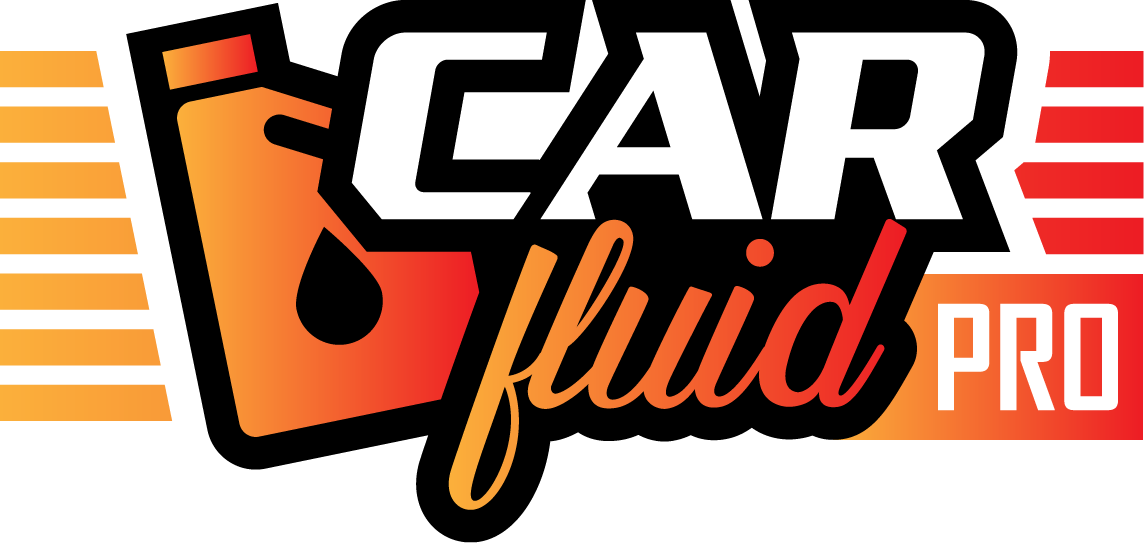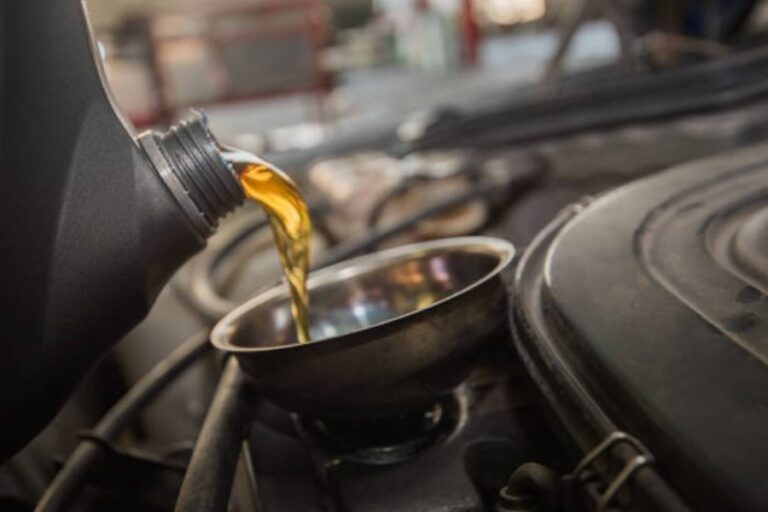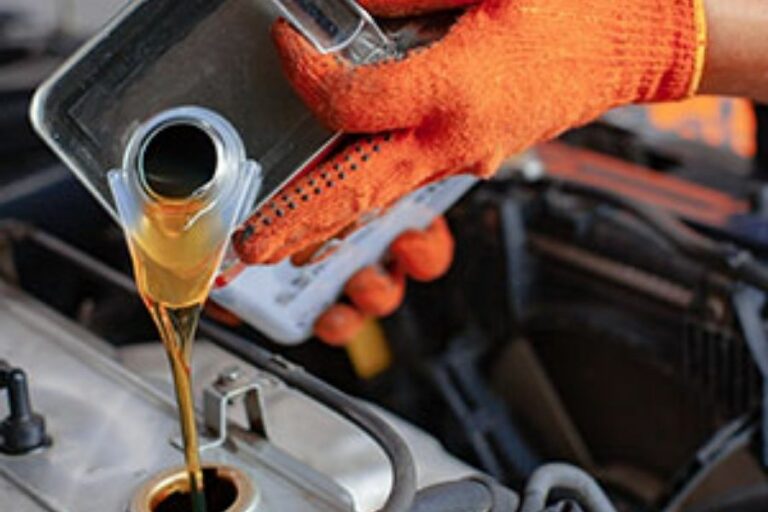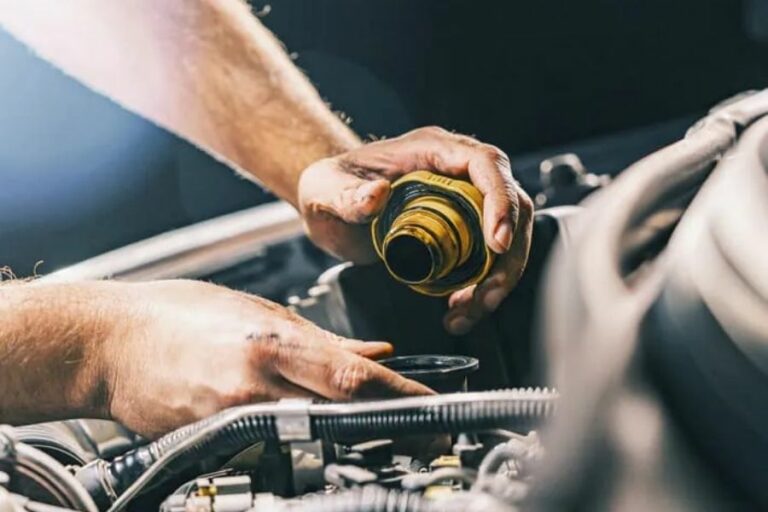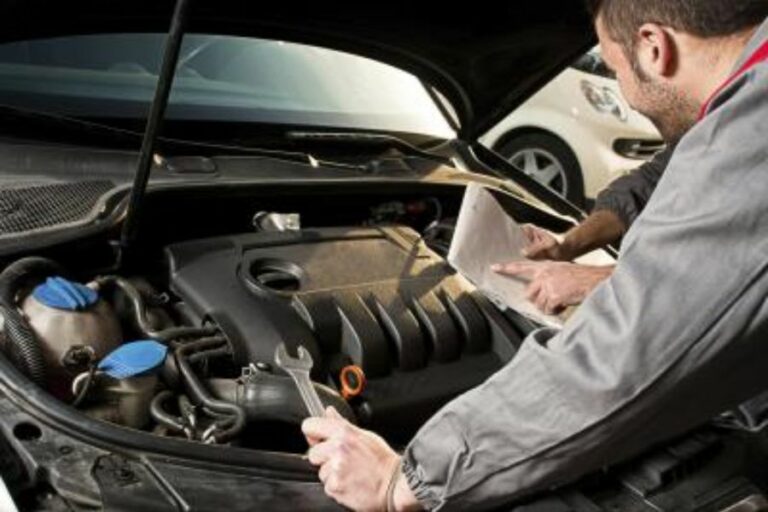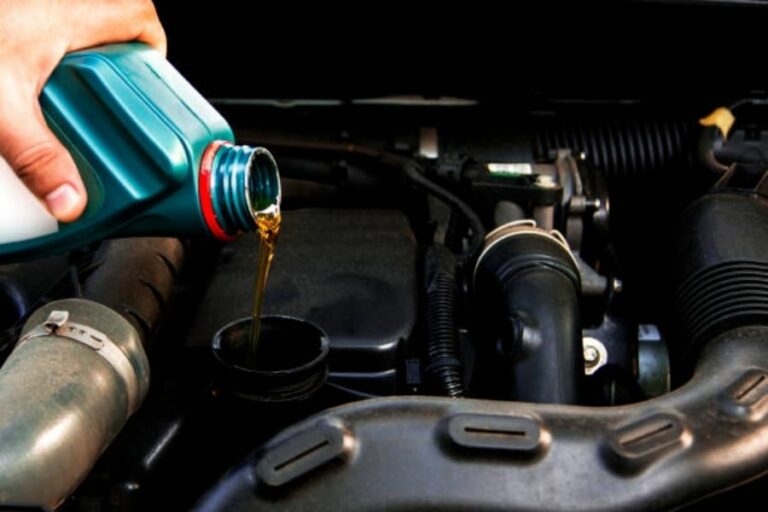What Does Ford Say About Catch Cans? (The Truth Revealed)
When it comes to maintaining the performance of your ford, we all want it to run smoothly and efficiently. After all, Ford is known for producing high-quality vehicles designed to perform at their best. So, what is their stance on catch cans?
According to our research, Ford has yet to endorse or recommend using catch cans in their vehicles officially. However, that doesn’t necessarily mean that they’re against them either.
Some car enthusiasts and mechanics argue that catch cans can be beneficial in preventing buildup and improving engine performance. So, should you install a catch can in your Ford vehicle? Keep reading to learn more!
Ford’s Official Statement on Catch Cans
In 2018, Ford released a statement regarding using catch cans on their vehicles.
They do not recommend installing catch cans for models built after 2018, as the improved systems are designed to work without them. For anything older, you can install a catch can if you want to.
This is likely because newer vehicles have better oil separation systems from the factory. Many aftermarket companies have designed catch cans specific to certain models of Ford vehicles.
So installing a catch can is probably unnecessary if you have a newer Ford vehicle.
Ford Vehicles That Need Catch Cans
If you’re wondering which Ford engines require catch cans, most won’t need one. That’s because they use either port injection or dual injection technologies to supply fuel to the cylinders.
It means they don’t suffer from issues related to carbon or other deposits inside the intake manifold.
However, if you’re driving an older F150 Raptor or GT supercar with an EcoBoost 3.5-liter V6 engine, you might consider installing a catch can.
These vehicles have direct injection, which could potentially cause carbon build-up over time. But again, it’s not mandatory, and the decision to install a catch can is up to you.
Read Also: Ford Type F Transmission Fluid
Catch Can Benefits, And Ford Vehicles
As we have learned above, not all Ford vehicles benefit from a catch can. Ford’s recent update to their 2.7 engine includes direct injection and a port that work together to create a “self-cleaning” system.
And since the need for a catch can primarily prevent that buildup, it’s no longer necessary for newer models. So depending on the model and engine type, one might get these benefits from using a catch can on their ford:
Improved Engine Performance
Using a catch can improve engine performance by decreasing the number of oil vapors that go back into the engine. This lessens the extra oil that can build up in the combustion chamber and on the spark plugs.
Thus the engine will work better and smoother, leading to improved performance.
Prevention of Carbon Buildup
When oil vapor goes back into the engine, it can create carbon buildup that affects engine performance and causes other problems.
But you can avoid this buildup by using a catch that can remove the oil vapor before it enters the engine. As a result, the engine will give optimal performance and last longer.
Better Fuel Economy
A catch can prevent oil from entering your engine, so your Ford will require less fuel to burn off the oil deposits.
This, in turn, leads to better fuel economy and helps the engine work more efficiently. Plus, you can save some bucks on gas over time.
Improved Engine Life
When oil deposits and other contaminants do not block the engine, it can run more smoothly. Over time it can improve the engine’s lifespan by keeping the engine’s intake clean and free of harmful particles.
Read Also: 7 Best Oil for Ford F150 & 3.5 Ecoboost (Review in 2023)
Ford’s Warranty and Catch Cans
While catch cans are perfectly legal and can significantly benefit your engine, they almost always void your powertrain warranty.
Because catch cans are considered to be aftermarket modifications, and any modifications to your vehicle can void your warranty.
But this doesn’t mean using a catch can automatically void your entire warranty. If your engine fails and the cause of the failure is unrelated to your catch can, then your powertrain warranty will still apply.
However, the company will deny your warranty coverage if the catch can is deemed to cause the failure.
Alternatives to Catch Cans For Ford Vehicles: Catch Can Vs. Air Oil Separator
An air-oil separator is a good option if you use something else instead of a catch can. Though both do the same thing, AOS is made to send the collected liquid back to the engine, so you don’t have to empty it.
But which one is better for your Ford vehicle? Here is a quick table comparing these two devices:
| Feature | Catch Can | Air Oil Separator |
| Function | Collects oil residue | Separates oil from air and returns the collected fluid to the engine |
| Maintenance | Requires regular maintenance and emptying | No regular maintenance required |
| Condensation | Encourages condensation due to large storage capacity | Prevents condensation by constantly draining back into the oil pan and often comes with a built-in heater |
| Cost | Affordable | More expensive than a catch can |
| Installation | Easy to install | Can be more difficult to install |
Read Also: Which Radiator Fluid Does A 2013 Ford F150 5.0 Use
Things to Consider When Using Catch Cans with the Ford Engine
While catch cans are becoming more popular, there are a few important things to consider before using them. Thus you can track if they work correctly and don’t cause more harm than good.
So here are some essential things to remember when using catch cans with your Ford engine.
Regular Draining
Regularly draining the catch can is undeniable and the first step to take. As the device collects waste deposits and oil, it can get blocked and create pressure inside the cylinder, damaging the engine. To avoid this, you should check the catch can often to see if it’s getting full.
Avoid Using Catch Cans in Snowy Areas
If you live in an area with snowy conditions or below freezing; it’s best to avoid using catch cans altogether.
If you forget to drain the device, any water that has gathered inside may freeze and cause blockages in the air passage. So it’s best to refrain from using catch cans in these conditions.
Check Out the Ventilation
Another critical thing to consider when using catch cans is proper ventilation. If the device is installed without proper ventilation, it can become hot, causing oil vapors and moisture not to condense inside.
Consequently, you won’t get any desirable benefits from using a catch can. To avoid problems, install the catch can properly and ensure enough ventilation.
Read Also: Mercon Vs Mercon V: What’s The Best Transmission Fluid?
FAQs.
Our readers often ask us questions about catch cans and their importance for ford vehicles. In this section, we have tried our best to answer these questions and fulfill their query.
What Types of Engines Require An Oil Catch Can?
If you’ve got a direct injection engine, consider installing an oil catch can. These engines inject fuel directly into the combustion chamber, meaning there’s no opportunity for the fuel to clean off any oil.
Can I Use Catch Cans Legally On My Car?
Yes, you can legally use catch cans on your car if installed correctly and not vented into the atmosphere. It’s vital to ensure the catch must not vent into the atmosphere, as this would make it illegal.
If I Add Aftermarket Parts, Will It Void My Ford Engine Warranty?
If an aftermarket part (other than a certified emissions part) causes damage to Ford components, the warranty will not cover that damage. We advise you to check with your dealership or review your warranty before any modification.
How Often Do I Need To Empty My Catch Can?
You don’t need to empty your catch can every time you fill up your gas tank. Instead, you should empty it when it becomes full, typically every few months. However, if you live in an area with dust, clean it more frequently.
Conclusion
As you can see from our discussion, Ford believes that their new vehicles already have effective systems in place to manage and recycle harmful emissions from the engine. So installing a catch can depend on the owner’s choice and situation.
For instance, installing catch cans is a good idea if you use a Ford turbocharged engine for racing or a hard drive. Ford also agrees that catch cans can provide some benefits in such situations. You’ll find various catch can kits from different brands and models, and the installation cost will be from $150 to $450.
But we advise you to consult with a qualified mechanic before modifying your vehicle.
Read Also: Mercon V Vs Mercon LV Transmission Fluid: What’s the Difference?
